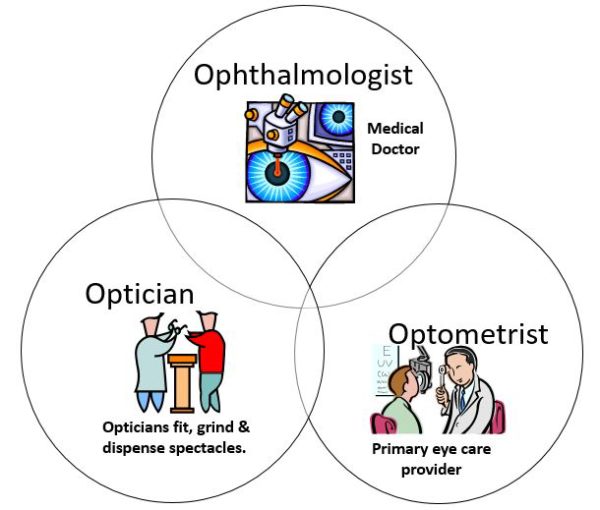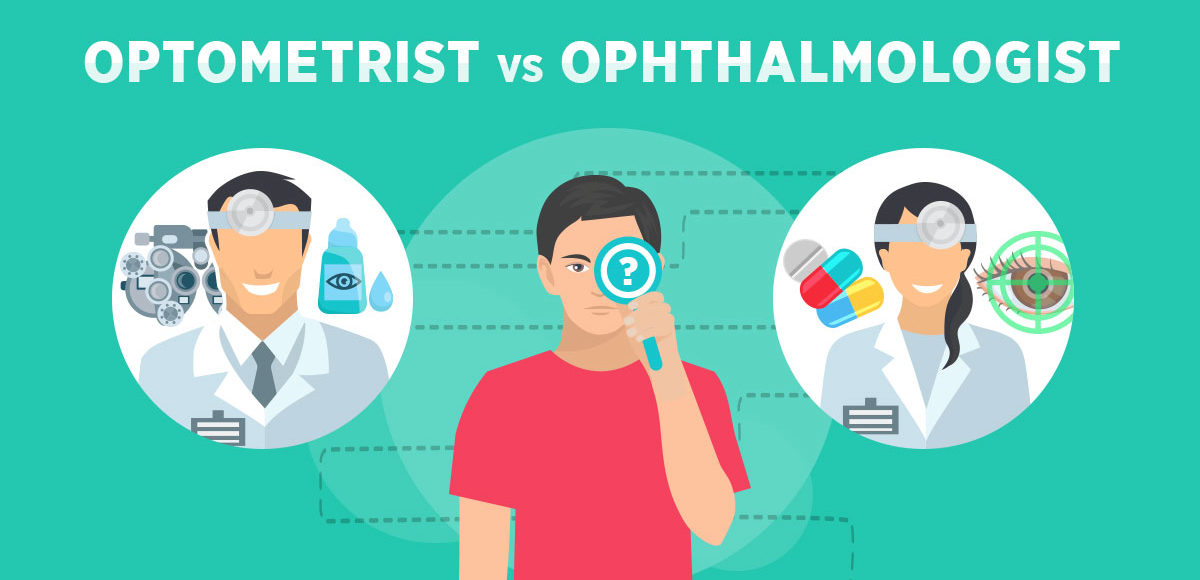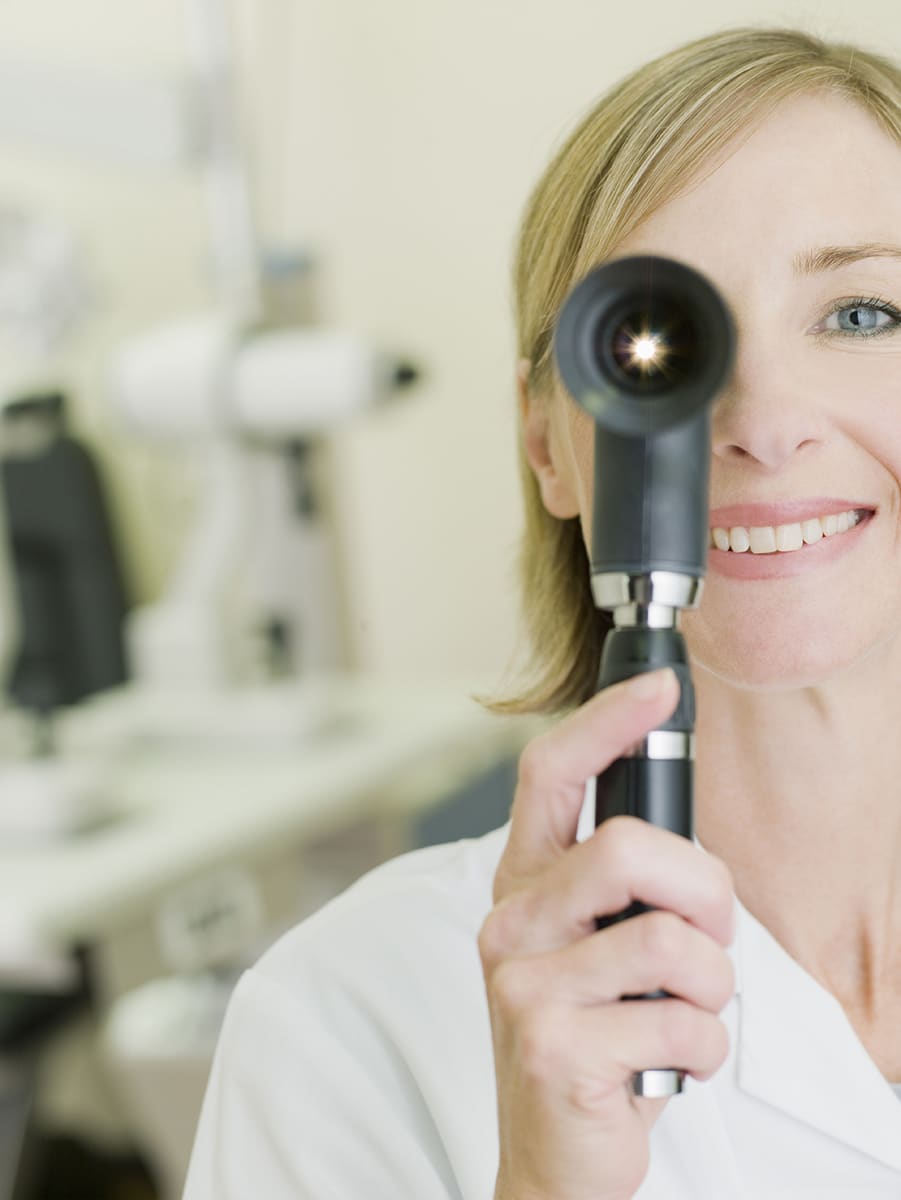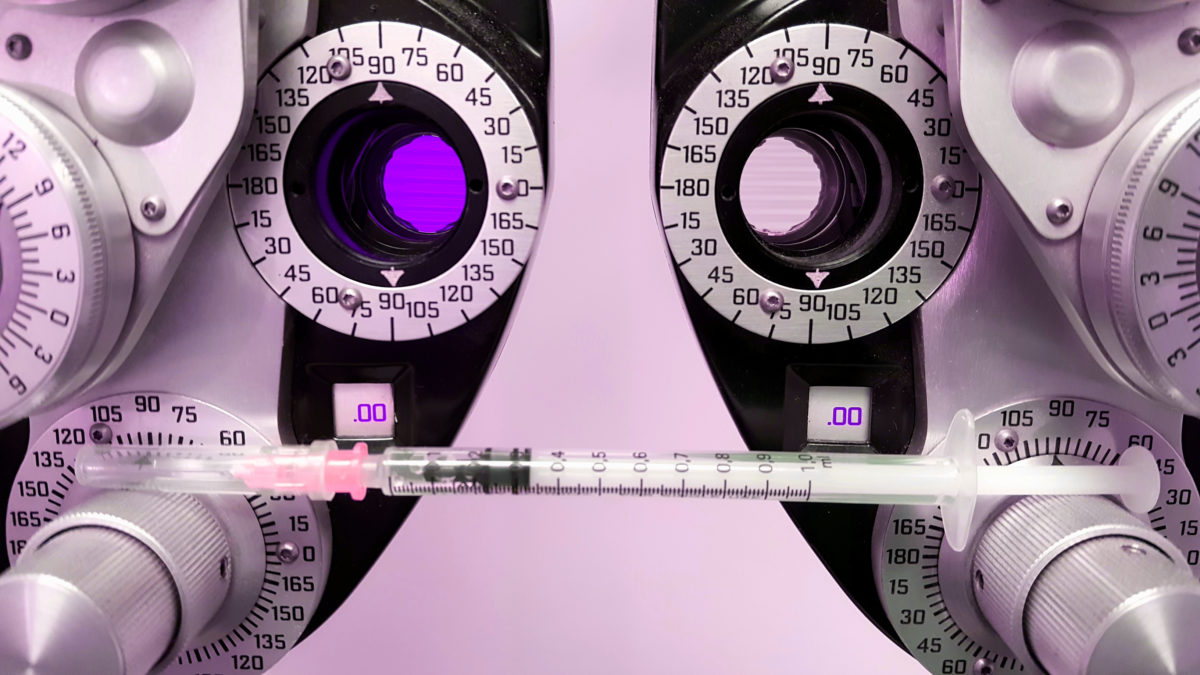Ophthalmologist (MD or DO)
An ophthalmologist is a physician—Doctor of Medicine or Doctor of Osteopathy—who specializes in the refractive, medical, and surgical care of the eyes. An ophthalmologist has completed four or more years of undergraduate education, four or more years of medical school, and four or more years of residency, including at least three years of residency in ophthalmology.
The ophthalmologist is a specialist who is qualified by lengthy medical education and training to diagnose, treat, and manage all eye and visual system problems. She or he is licensed by a state regulatory board to practice medicine and surgery. The ophthalmologist is the medically trained specialist who can deliver total eye care: vision services like glasses and contact lens prescriptions, dilated eye examinations, medical eye care, and surgical eye care.
Depending on his or her subspecialty, they may operate on cataracts, prescribe medication for glaucoma and/or may treat retinal diseases like macular degeneration. They often diagnose general diseases of the body like diabetes and multiple sclerosis, and they also treat ocular manifestations of systemic diseases like dry eye related to autoimmune issues or double vision related to vascular disease.
Everyone over 40 should have a yearly exam with an ophthalmologist. If you are a diabetic or suffer from high blood pressure or have any type of autoimmune disease, you should be referred sooner to an eye MD. If you have any family history of glaucoma or macular degeneration (which run in families), you should find an ophthalmologist to give you yearly eye care!
Optometrist (OD)
A health service provider who is involved primarily with refractive problems (need for glasses prescription). Optometrists are specifically educated and trained by an accredited optometry college in a four-year course, but they do not attend medical school. They are state licensed to examine the eyes, determine the presence of refractive problems, correct refractive problems with glasses or contact lenses, and to detect and manage limited ophthalmic medical eye disease.
So, while your optometrist is capable of giving you your glasses and contact prescriptions, and dealing with some eye emergencies like infections, they are not medical doctors.
Hopefully this helps clear things up for everyone! The eyes really are the windows to your health—make your appointment with an ophthalmologist today!

 English
English French
French German
German






